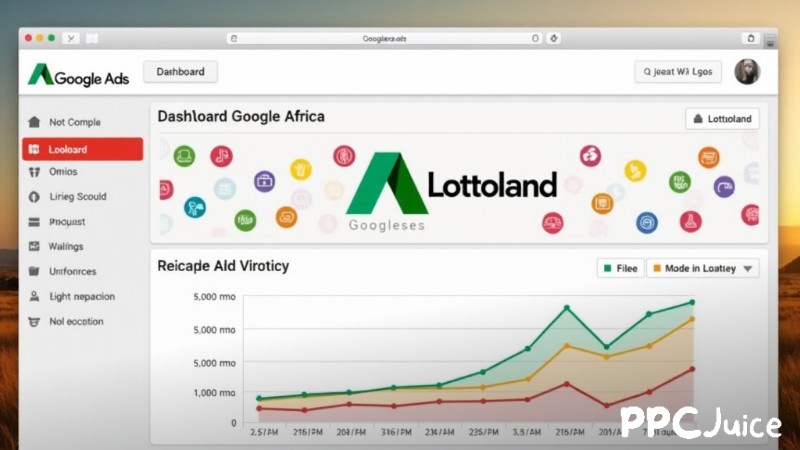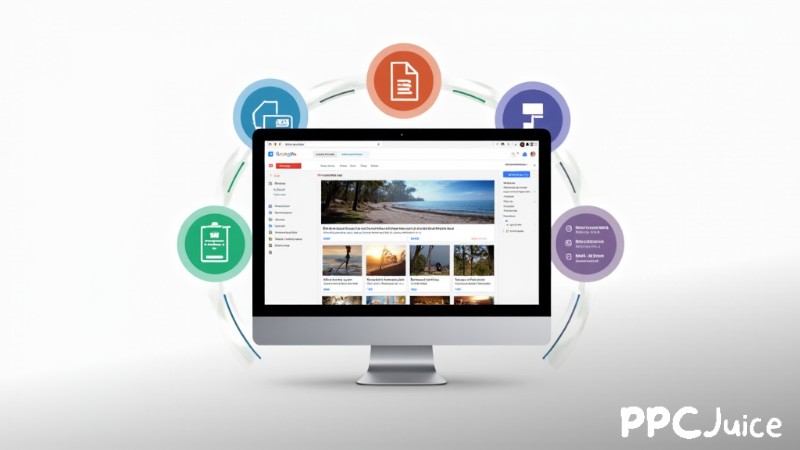
The South African Competition Tribunal has ruled in favour of Lottoland South Africa, directing Google Ireland Ltd and Google South Africa (Pty) Ltd to grant the bookmaker access to its advertising services, Google Ads.
This interim relief order requires Google to allow Lottoland to use its advertising platform for six months, or until the conclusion of the hearing into the alleged anti-competitive behaviour. Lottoland had applied for this relief, citing unfair treatment and its competitors’ continued access to the same services despite similar offerings.
Key Takeaways
South African Competition Tribunal orders Google to grant Lottoland access to its advertising services, citing unfair treatment and anti-competitive conduct.
- Google has been ordered to allow Lottoland to use its advertising platform for six months while an investigation into alleged anti-competitive behaviour continues.
- The Tribunal found that Google’s dominance in the online advertising market in South Africa meant that denying access to Lottoland could significantly harm competitors and undermine market competition.
- Lottoland had argued that Google unfairly terminated its access to Google Ads, causing financial harm and hindering its ability to compete in the South African market.
Google’s alleged anti-competitive conduct
Lottoland, a licensed bookmaker offering fixed-odds bets on lotteries, claimed that Google unfairly terminated its access to Google Ads whilst allowing competitors like Hollywood Bets, Betway, and Betfred to continue using the service. This exclusion caused financial harm and hindered Lottoland’s ability to compete in the South African market. The bookmaker argued that Google’s actions violated South Africa’s Competition Act, which prohibits dominant firms from engaging in exclusionary practices.
Google defended its decision by citing the Lotteries Act, claiming Lottoland violated regulations that restrict lottery ads to state-licensed entities. Google argued that allowing Lottoland access could expose it to legal risks. However, the Tribunal rejected this, noting Google’s inconsistent enforcement of its policies.
Tribunal’s ruling on Google’s market power
In its decision, the Tribunal determined that Google has a dominant position in the online advertising market in South Africa, particularly in search engine marketing (SEM). Google Ads was found to be a crucial tool for companies like Lottoland, which rely heavily on online platforms to attract new customers. The Tribunal observed that Google’s dominance in the search engine market, combined with its control over Google Ads, meant that denying access to this service could significantly harm competitors.
Despite Google’s argument that other forms of advertising could substitute for Google Ads, the Tribunal found that the search engine giant’s market power in South Africa was substantial, making its refusal to provide access to Lottoland particularly harmful. The Tribunal emphasised that there was no clear evidence that Lottoland had violated the Lotteries Act and highlighted Google’s selective enforcement of its advertising restrictions, which favoured Lottoland’s competitors.
Economic feasibility and the impact on competition
The Tribunal found that granting Lottoland access to Google Ads was economically feasible, noting that Google had previously provided access without issues.
Google’s concerns about criminal liability and commercial risks were deemed unfounded, as it continued to grant access to competitors offering similar services. The Tribunal determined that Google’s denial of access to Lottoland constituted anti-competitive behaviour, undermining market competition without legitimate reason.
The harm to Lottoland and the consumer impact
Lottoland presented evidence that Google’s refusal to supply access to Google Ads had led to a significant decline in new customer registrations, resulting in ongoing financial harm. The bookmaker estimated that its revenue had dropped substantially due to the lack of access to this critical marketing channel. The Tribunal considered this evidence and found that Lottoland’s ability to compete with rivals in the betting market had been significantly impaired by Google’s actions.
The Tribunal also emphasised the broader consumer impact of Google’s refusal to grant Lottoland access to its advertising services. By limiting Lottoland’s ability to advertise, consumers were deprived of the opportunity to choose from a wider range of betting options. The Tribunal concluded that the balance of convenience favoured granting Lottoland interim relief, as the harm to competition and consumers outweighed any potential prejudice to Google.
Interim relief and the ongoing investigation
The Tribunal’s interim order aims to protect Lottoland and maintain competition in South Africa’s online betting market until the investigation is complete. By granting Lottoland access to Google Ads, the decision highlights the need for fair competition and transparency in advertising policies. Google must provide Lottoland with the same advertising access as its competitors, ensuring a level playing field.
The Tribunal’s decision highlights the significant role that digital platforms play in modern advertising, and the potential consequences of abuse of market power. As the investigation continues, the outcome will likely have broader implications for the regulation of online advertising in South Africa and other markets where Google holds significant influence.

